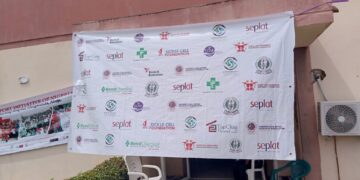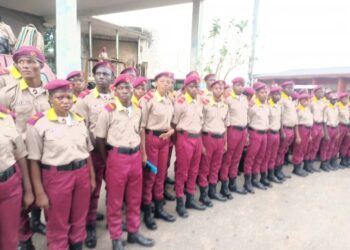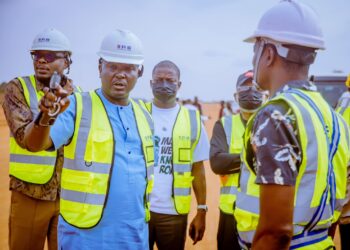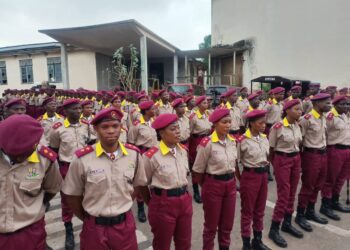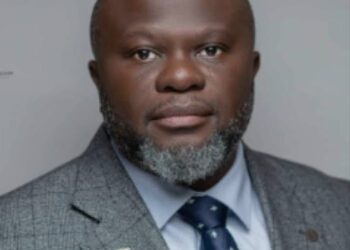The legal disputes surrounding the November 11th, 2023 Kogi Governorship Election have been laid to rest by the Supreme Court. We are past the stage of debating who won or lost. His Excellency, Ahmed Usman Ododo, is now the Executive Governor of Kogi State. Although I have chosen, for personal reasons, not to congratulate him, I have heard many positive remarks from those who are close to him. Like every Kogi citizen, I hope and pray that he succeeds because his success will benefit us all, just as his failure would affect us all.
The issue at hand is no longer a contest between APC, SDP, or any political party. It is now the Judiciary versus the Nigerian people. The judgment in Kogi stands as the latest precedent for resolving governorship election disputes, and other states are expected to follow suit. Yet, it is alarming that no legal practitioner has been able to obtain the Certified True Copy (CTC) of the Supreme Court’s judgment.
For those of us in the legal profession, judgments from the Apex Court are more than just conclusions; they are guiding documents. Through them, we learn from past errors, better understand the law, and refine our practice. Judgments are meant to serve as beacons, steering lawyers clear of pitfalls they’ve encountered before.
It is therefore disheartening that more than three weeks after the ruling, no one has been able to access the CTC. This is highly unusual. Ordinarily, the CTC should have been ready even before the judgment date was announced. Yet, here we are, weeks later, without it. The delay raises eyebrows. One can’t help but ask: What judgment did the Apex Court read out in open court three weeks ago if the CTC isn’t ready? As bleak as things seem in Nigeria, I’ve always held onto the belief that the courts remain the last hope for the common man. But this unreasonable delay has given birth to numerous conspiracy theories, with the most popular being that the Supreme Court may have delivered a flawed judgment, and that is why the CTC is still pending.
Nigerians, especially those from Edo and Ondo, are watching keenly. Several important questions are crying out for answers:
– What is the fate of the BVAS (Bimodal Voter Accreditation System)?
– Are issues of qualification and disqualification strictly pre-election matters?
– How are petitioners supposed to effectively present BVAS data from disputed polling units in court?
– What is the legal standing on obtaining Certified True Copies of public documents?
– What is the role of a tribunal-ordered inspection before the same tribunal?
– Are petitioners required to frontload witness statements on oath for every INEC polling officer in disputed units before the tribunal can work with the BVAS figures?
These and other crucial questions remain unresolved.
At a time like this, silence is no longer golden—it is complicity. Staying quiet in the face of these burning issues is a disservice not only to democracy but to the people who look to the courts for justice. The judiciary must act swiftly and transparently to restore the faith of the Nigerian people.

